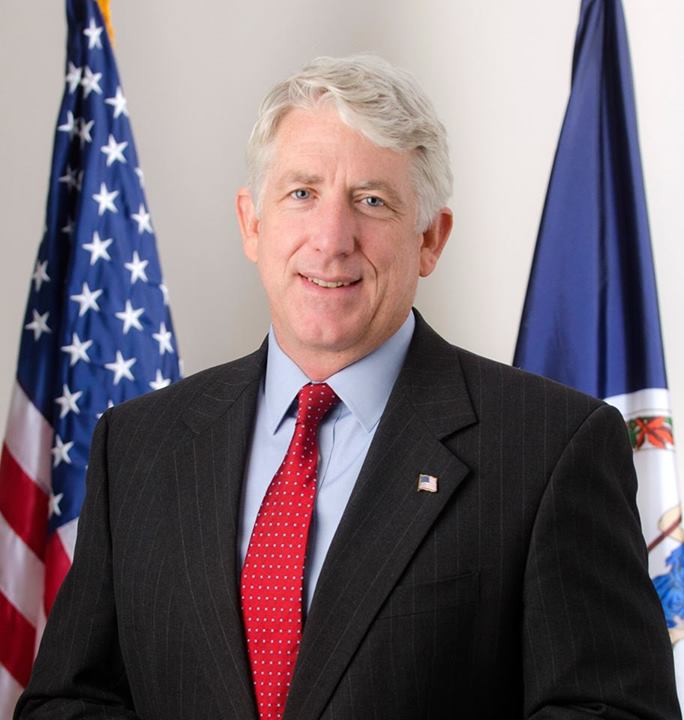Virginia Attorney General Mark R. Herring today sided with two same-sex couples in asking a federal court to strike down the voter-approved state law defining marriage as the union of a man and a woman. That 2006 amendment to the state constitution, Herring declared, violates the U.S. Constitution.
The newly sworn-in Democrat’s action dramatically changes Virginia’s legal position on same-sex marriage, reversing the stand under Ken Cuccinelli, his Republican predecessor as attorney general.
Advocates of redefining marriage hailed Herring’s action. “Banning the freedom to marry for couples only because they are gay or lesbian has no constitutional basis,” James Parrish, president of the gay rights organization Equality Virginia, told the Richmond Times-Dispatch.
But defenders of marriage as a male-female union designed for the good of children – among them Republican William J. Howell, speaker of the Virginia House of Delegates — protested that Herring had a sworn duty to uphold Virginia’s laws and constitution.
“This is not an obligation that can be taken lightly,” Howell told the Associated Press.
“The state’s attorney general should vigorously defend the laws of the state, especially a law that the citizens voted on directly, amending their constitution to define marriage as the union of a man and woman,” Heritage Foundation scholar Ryan T. Anderson told The Foundry, adding:
“The U.S. Constitution does not require redefining marriage, and [Herring] should not be joining a lawsuit claiming that it does. The AG should not be asking the courts to redefine marriage, forcing the state of Virginia to act contrary to the meaning and purpose of marriage. America should make marriage policy through the democratic process, rather than demanding judges to dictate it through decisions that have no grounding in our Constitution.”
Anderson, Heritage’s William E. Simon Fellow, suggested that Herring’s action was a dereliction of duty similar to that of U.S. Attorney General Eric Holder. Last year, Holder implemented the Obama administration’s decision not to enforce the Defense of Marriage Act and instead join opponents in challenging the section of the law that, for federal purposes, defined marriage as between a man and a woman.
When the Supreme Court ruled last summer on the Defense of Marriage Act, striking down that section, Justice Anthony Kennedy nevertheless reaffirmed that state responsibilities for defining and regulating marriage date to the nation’s beginning. Writing for the majority, Kennedy cited a previous decision that “when the Constitution was adopted the common understanding was that the domestic relations of husband and wife and parent and child were matters reserved to the states.”
“The states remain free—and should continue to remain free—to define marriage as the union of one man and one woman,” Anderson said.
Herring sees it differently.
“The Supreme Court is clear: The United States Constitution is the law of the land, the supreme law of the land,” Herring told reporters in announcing his decision to challenge Virginia’s marriage law in federal court. “I believe the freedom to marry is a fundamental right and I intend to ensure that Virginia is on the right side of history and the right side of the law.”
Anderson was happy to address history as well as the law.
“There’s no such thing as being on the ‘right’ or ‘wrong’ side of history,” he told The Foundry. “There’s only being on the right or wrong side of truth.”
































